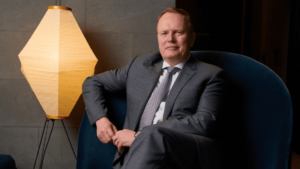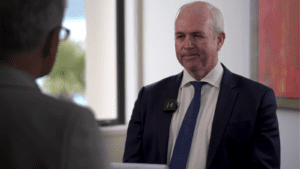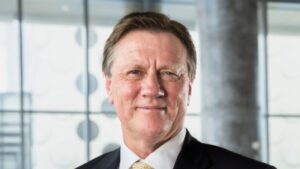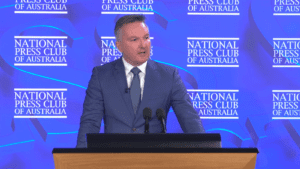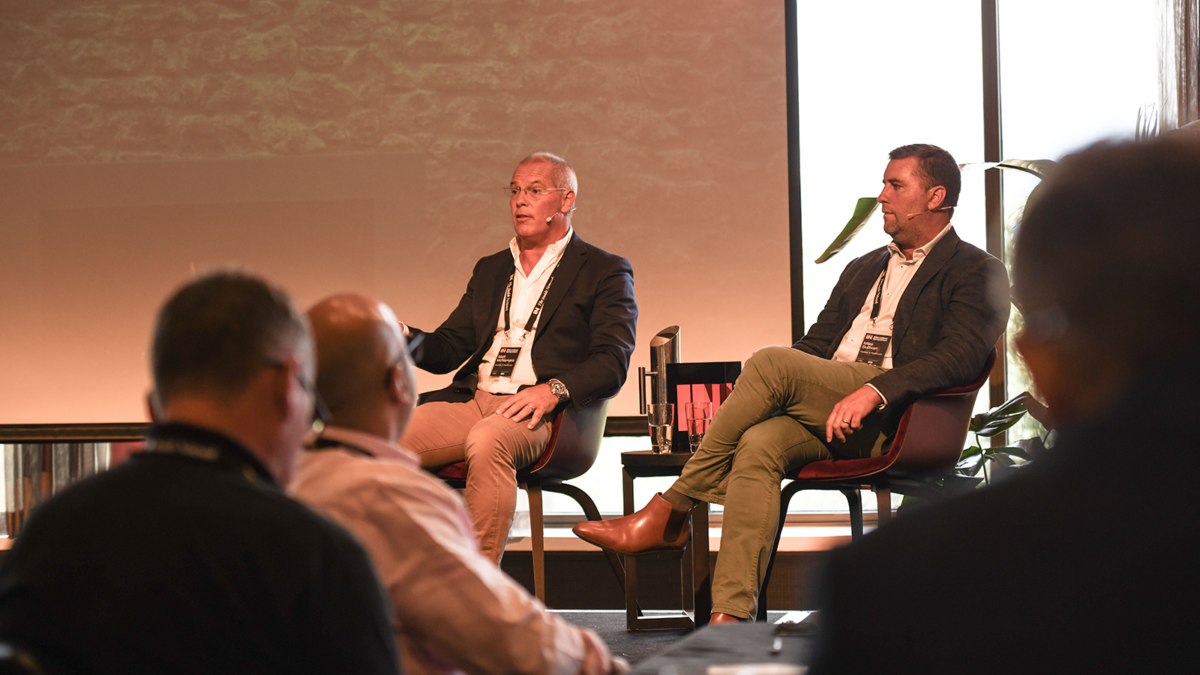-
Sort By
-
Newest
-
Newest
-
Oldest
-
All Categories
-
All Categories
-
Industry
-
Retirement
-
SMSF
-
Strategy
Illegal access to SMSFs by their trustees is one of those issues with a radar signature starting to pulse, but while it must be addressed, it should not overshadow the sector’s health.
Opening up early access to super for housing would have a negative effect on the balances of even those members that don’t dig into their savings, with funds forced to adopt more conservative investment strategies and hold more liquid assets.
With many economists expecting the Reserve Bank to start cutting interest rates in early 2025, returns on term deposits could feel the pinch. Private credit is an alternative, but those pursuing this investment option will need to do their homework.
A slowing economy has prompted S&P/ASX 200 companies to keep a lion’s share of their earnings by tightening shareholder distributions, with fund manager Martin Currie identifying the resources sector as a real cause for concern regarding future income.
Funeral bonds offer a host of potential benefits, including preferential tax treatment and capped exemption from the Centrelink assets test. But not all funeral bonds are created the same.
Megafunds are set to control trillions in member savings, and a few crucial themes are emerging that will figure in the future direction of the superannuation system.
Advisers need to be in lockstep with what is an ever-changing slate of priorities for the corporate regulator, and right now that means ticking a particular set of boxes related to consumer protection.
Inefficiencies in the back office and clearing systems that the burgeoning ETF market relies on need to be rooted out, but data shows there may be a disconnect between what providers and consumers believe matters.
Super funds are offering less and less advice services, despite members making clear that they need it more than ever. Fund advice has a relatively attractive price point, SuperRatings’ Kirby Rappell explained, but funds are struggling to explain its value.
KPMG’s latest Super Insights report shows the future shape that the industry might take, with distinct cohorts of funds now emerging across size and service. But there’s little positive sentiment to be found about funds online.
It’s a welcome stopper on the amount advisers will have to fork out, but has no connection to the core issue. The government still fails to recognise the inherent flaws in its CSLR scheme, and the industry is running out of patience.
In the 2019 federal election, Labor’s proposal to abolish cash refunds for excess franking credits went down like a lead balloon. So, will the $3 million cap proposal see Labor revisit history?




